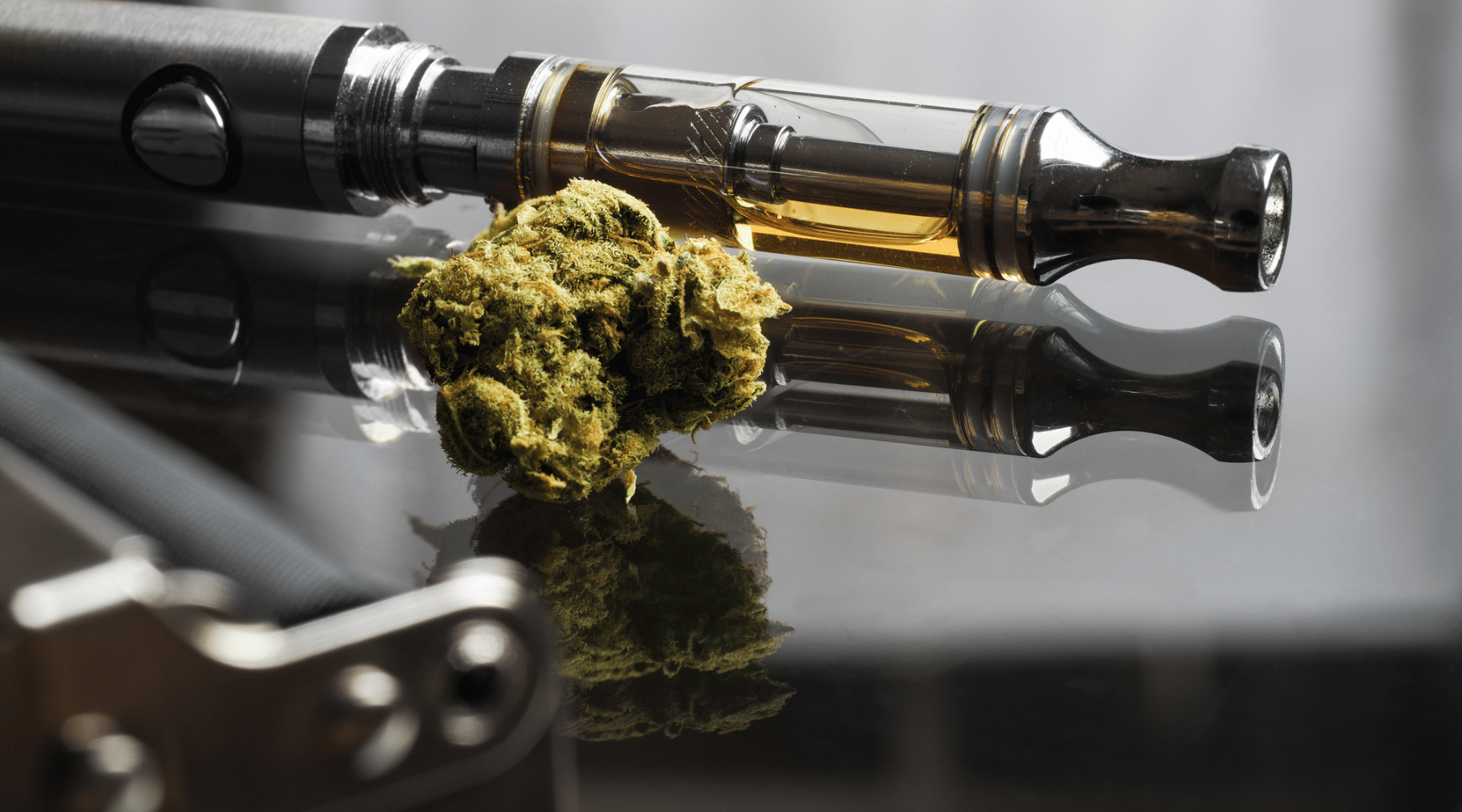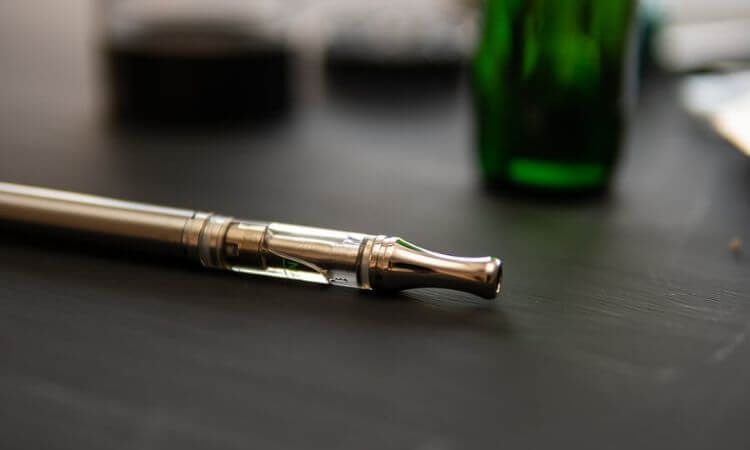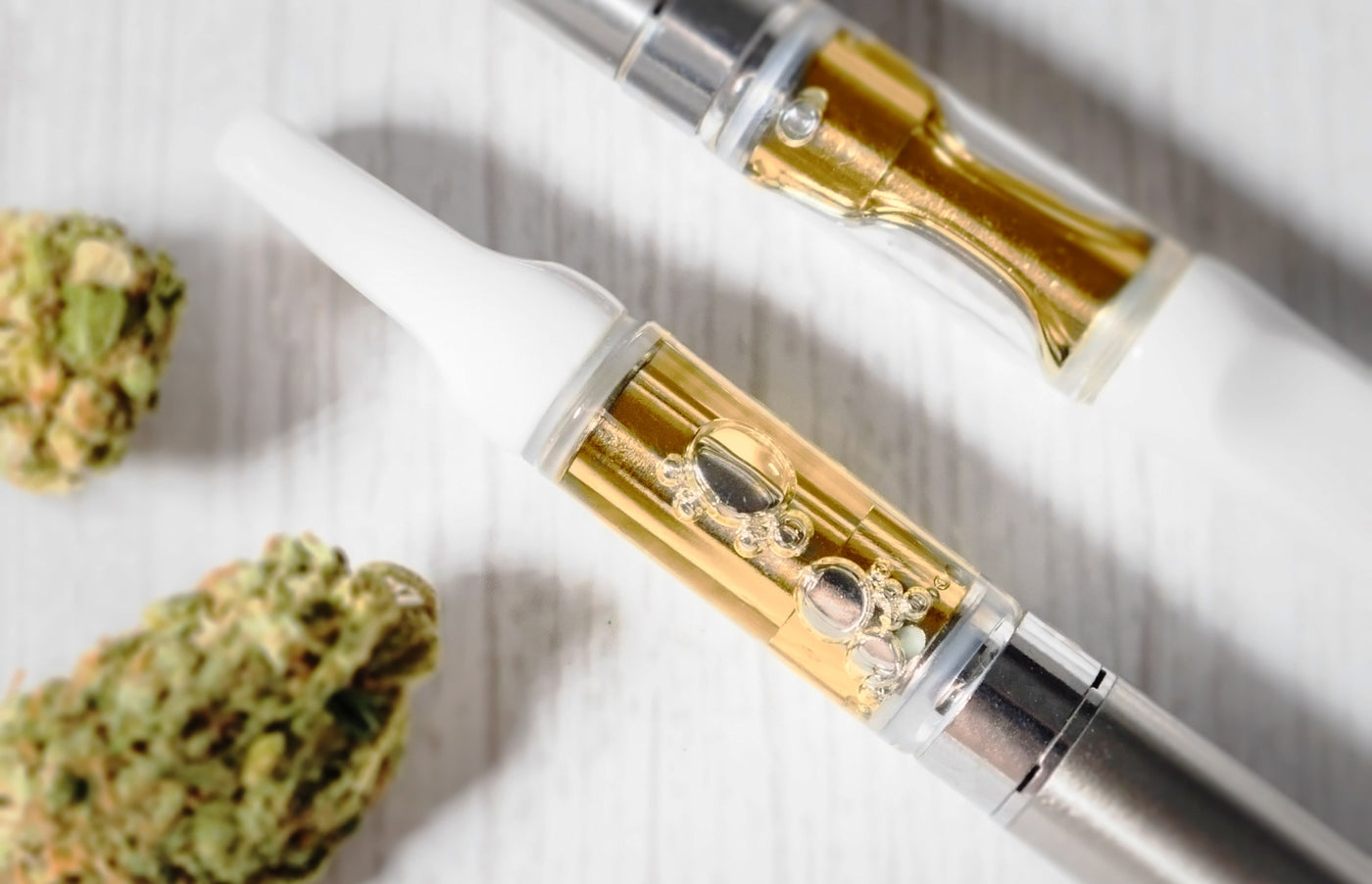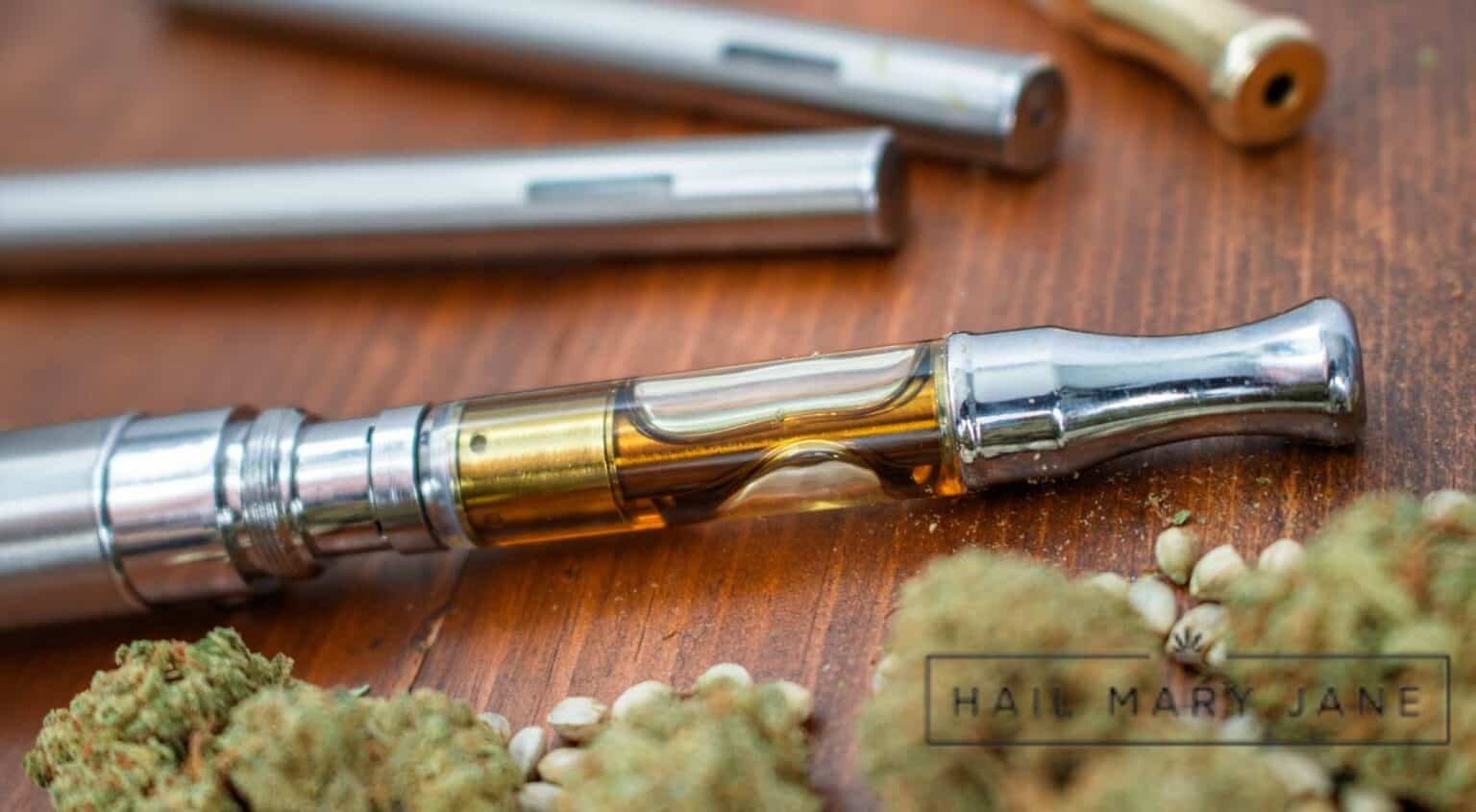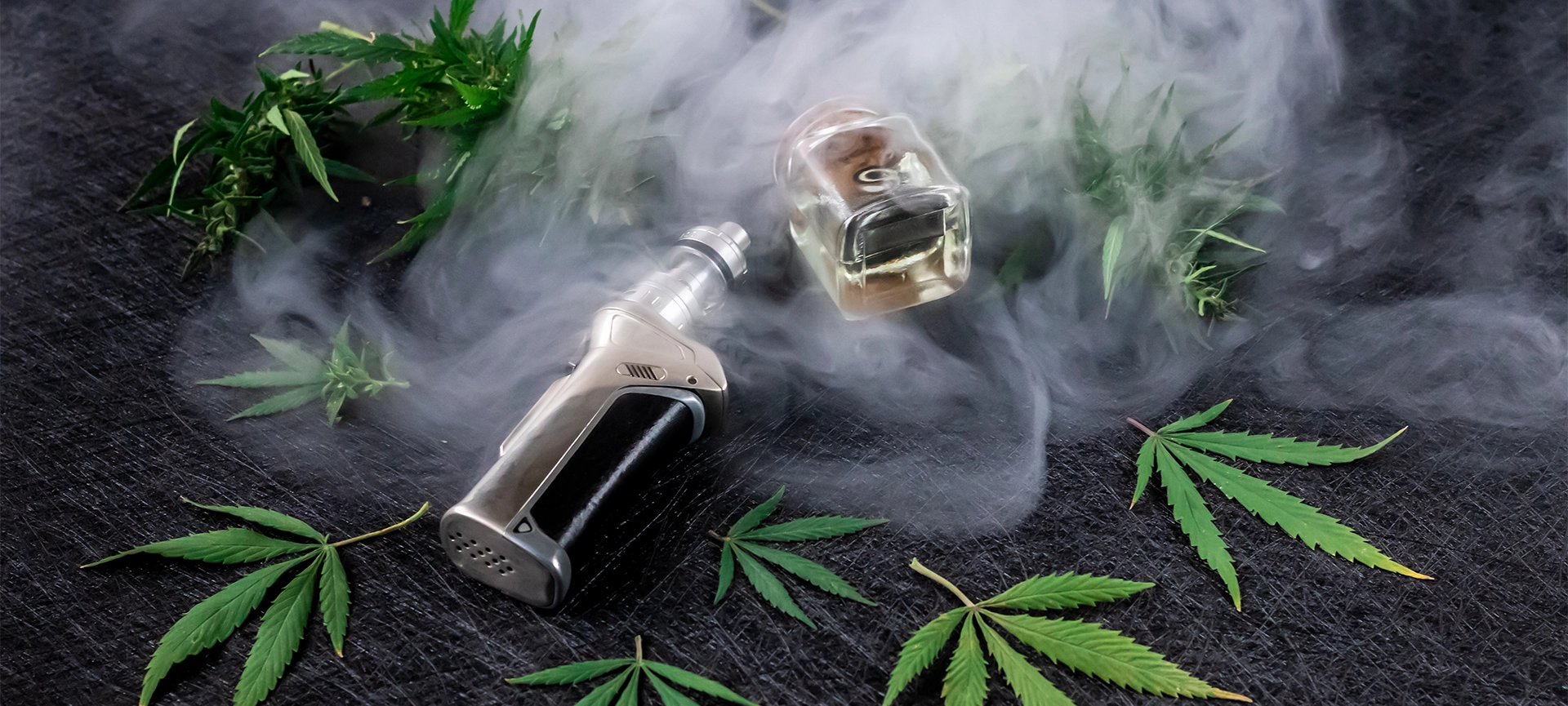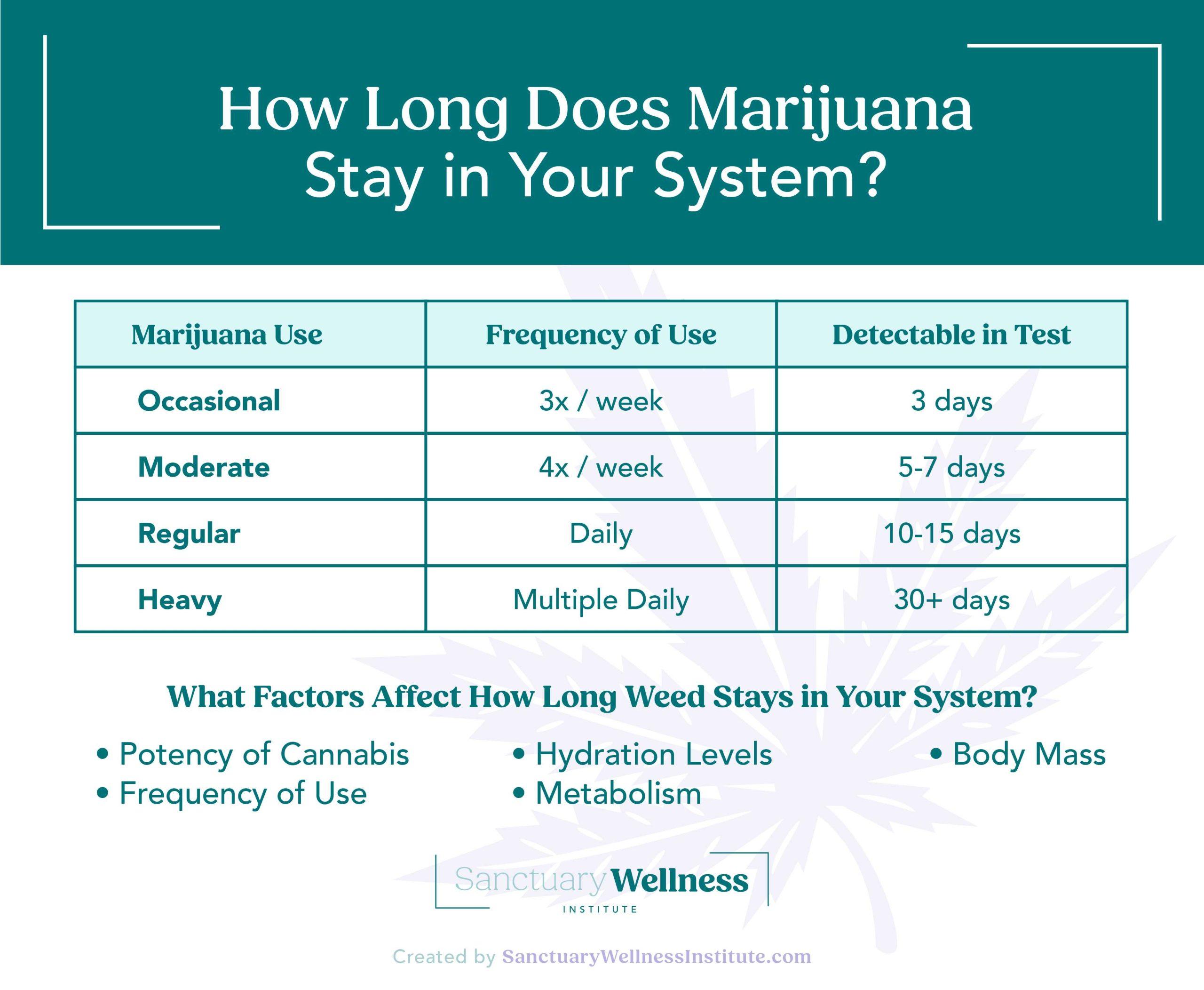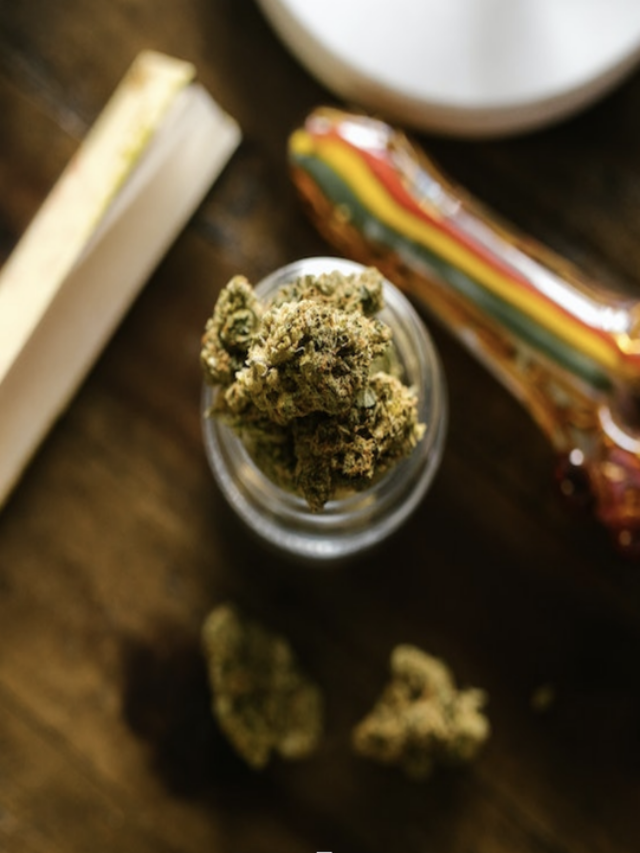How Long Does A Thc Pen Last In Your System
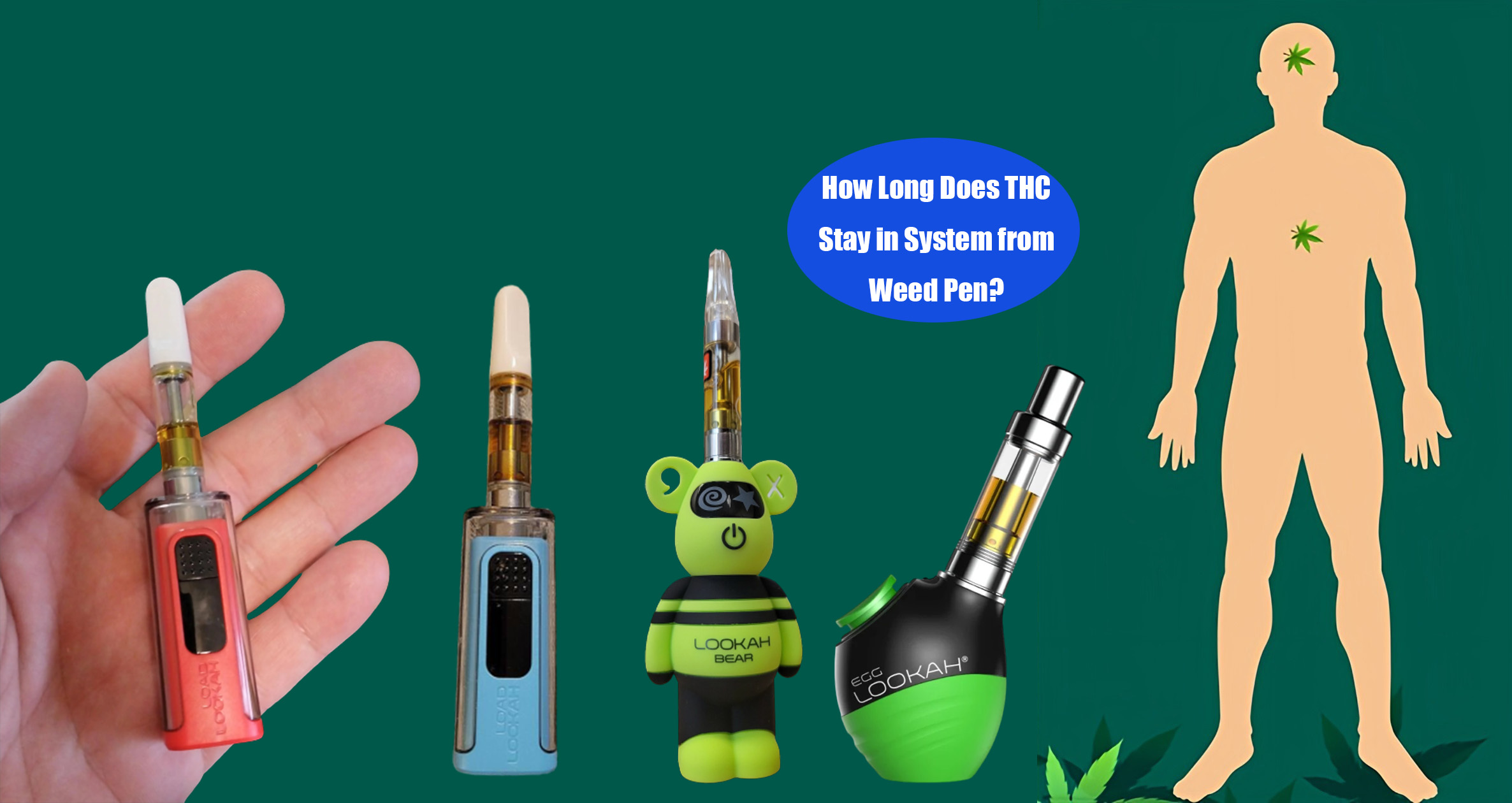
Imagine this: a gentle evening breeze, the soft glow of twilight, and the subtle scent of lavender in the air. You're unwinding after a long day, considering the convenience and ease of a THC pen. But a question lingers in the back of your mind: how long will this stay in my system? It’s a common question, one that dances in the minds of many who navigate the world of cannabis.
The duration that THC, the psychoactive compound in cannabis, remains detectable in your system varies significantly. This variability depends on factors like frequency of use, metabolism, body fat, and the sensitivity of the testing method. Understanding these factors provides a clearer picture of what to expect and helps manage personal choices responsibly.
Understanding THC and its Detection
THC, or Tetrahydrocannabinol, is the primary psychoactive compound found in cannabis. When you inhale vapor from a THC pen, THC is rapidly absorbed into the bloodstream. From there, it travels to the brain, producing the euphoric and relaxing effects many users seek.
However, the body doesn't just hold onto THC. It metabolizes it into various compounds, including THC-COOH, which is the primary metabolite tested for in most drug screenings. Because THC-COOH is stored in body fat, it can linger in the system for a longer period than THC itself.
Factors Influencing Detection Time
Several key elements dictate how long THC remains detectable.
Frequency of Use is paramount. Occasional users will typically clear THC from their systems much faster than chronic, heavy users. Infrequent use allows the body to metabolize and eliminate THC before significant build-up occurs.
Metabolism plays a vital role. Individuals with faster metabolisms tend to process and eliminate THC more quickly. This means younger individuals or those with higher activity levels may experience shorter detection windows.
Body Fat Percentage is another significant factor. THC and its metabolites are fat-soluble, meaning they're stored in fatty tissues. Individuals with higher body fat percentages may retain THC for longer periods.
Hydration levels and overall health can also influence metabolism and excretion rates, indirectly affecting detection times. Staying well-hydrated can aid in the body's natural detoxification processes.
Detection Methods and Their Sensitivity
Different testing methods have varying sensitivities, affecting how long THC can be detected.
Urine Tests are the most common type of drug screening. They typically detect THC-COOH for approximately 3 to 30 days after the last use, depending on frequency and other factors.
Blood Tests have a shorter detection window. THC is usually detectable in blood for only a few days, sometimes up to a week in heavy users. Blood tests are more commonly used to detect recent use or impairment.
Saliva Tests offer a narrow window of detection, typically 24 to 72 hours after use. These tests are often used for roadside drug testing due to their ease of administration.
Hair Follicle Tests have the longest detection window, potentially detecting THC for up to 90 days. However, hair follicle tests are less common and may not accurately reflect the level of impairment.
Navigating the Landscape: Responsible Choices
Given the variability in detection times, it's crucial to approach cannabis use responsibly. Consider your individual circumstances, including your health, lifestyle, and any potential testing requirements.
If you're subject to drug testing, be aware of the detection windows and plan accordingly. Open communication with employers or testing agencies can sometimes provide clarity and understanding.
Responsible use also involves being mindful of the potential effects of THC. Avoid driving or operating heavy machinery while under the influence. Educate yourself about the potential risks and benefits of cannabis use.
Exploring alternative consumption methods, such as edibles or topicals, can also influence detection times. Edibles, for example, are metabolized differently than inhaled cannabis, potentially leading to longer detection windows.
Consulting with healthcare professionals provides personalized guidance. Doctors and other healthcare providers can offer valuable insights based on your specific health profile and lifestyle.
Debunking Myths and Misconceptions
There are numerous misconceptions surrounding THC detection times.
One common myth is that drinking large amounts of water will significantly shorten detection times. While staying hydrated is generally beneficial, it won't drastically alter how long THC remains detectable. It can dilute urine, potentially leading to an inconclusive result, but this isn't a reliable method.
Another misconception is that certain "detox" products or methods can rapidly eliminate THC from the system. Many of these products are ineffective and may even be harmful. The body naturally metabolizes and eliminates THC over time, and there's no magic bullet to accelerate this process.
Understanding the science behind THC metabolism and detection helps dispel these myths and promotes informed decision-making. Rely on credible sources and consult with healthcare professionals for accurate information.
The Broader Significance
Understanding THC detection times extends beyond personal choices. It has implications for workplace policies, legal considerations, and public safety. Employers need to strike a balance between ensuring workplace safety and respecting employees' rights to privacy.
Legal frameworks surrounding cannabis use vary widely. Understanding detection windows can help individuals navigate these complex regulations and avoid potential legal consequences.
Public safety is also paramount. Accurate and reliable testing methods are crucial for identifying impaired drivers and preventing accidents. Promoting responsible cannabis use and educating the public about the potential risks are essential for fostering a safer society.
As cannabis legalization continues to evolve, understanding the science behind THC detection becomes increasingly important. This knowledge empowers individuals to make informed decisions, navigate legal complexities, and contribute to responsible public discourse.
In conclusion, the journey of understanding how long a THC pen lingers in your system is a multifaceted one. It's a delicate dance of individual factors, scientific principles, and responsible choices. By embracing knowledge and fostering open communication, we can navigate this landscape with clarity and confidence, ensuring that our choices align with our well-being and the well-being of our communities.
![How Long Does A Thc Pen Last In Your System How Long Do THC & Edibles Stay in Your System? [Precise Calculator]](https://greencamp.com/wp-content/uploads/2019/02/how-long-thc-stays-in-system-table.jpg)

